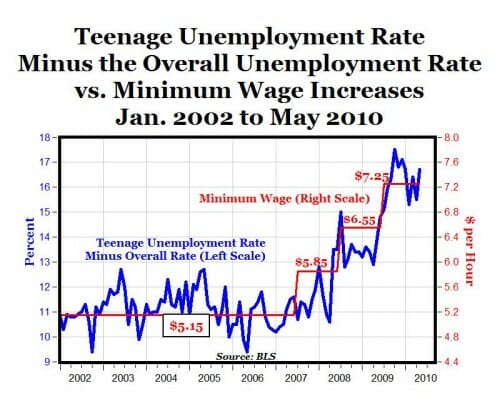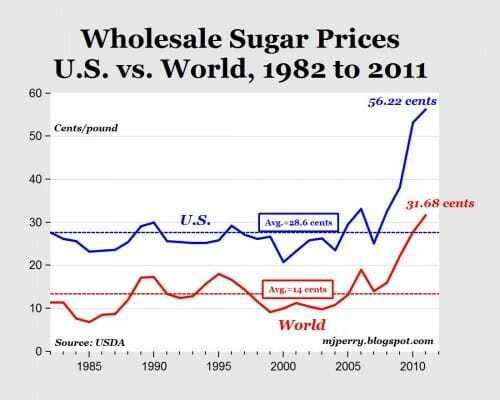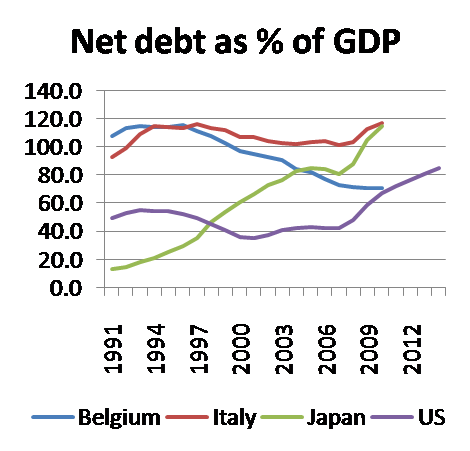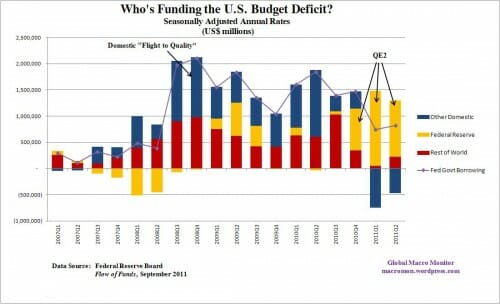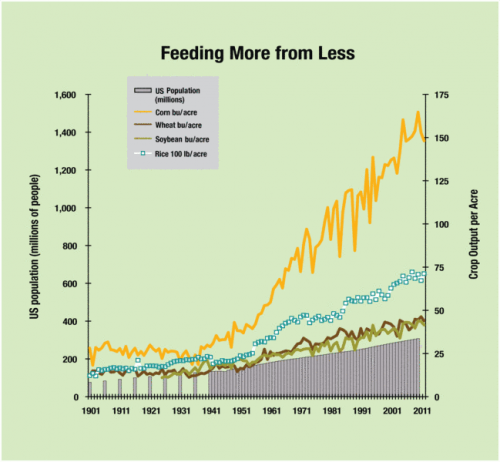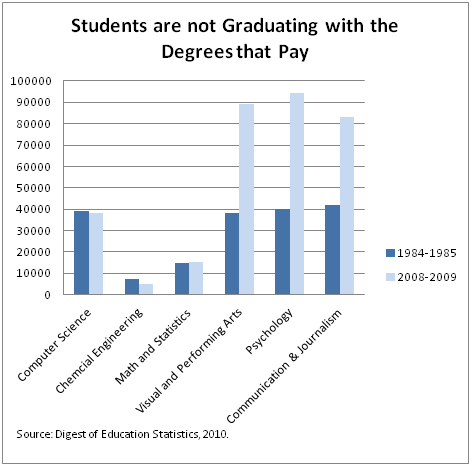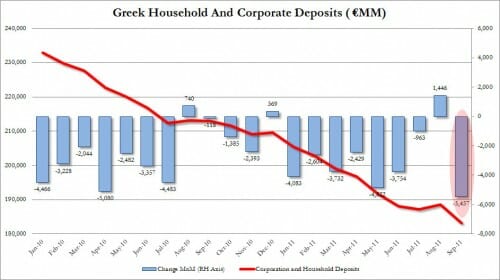Paul Krugman had this sideswipe comment the other day:
This isn't the only case where news organizations consistently report as truth something that didn't happen, while failing to report what did. Another one that comes to mind is the California electricity crisis of 2001-2002. As some readers may recall, that crisis was caused by market manipulation -- and that's not a hypothesis, Enron traders were caught on tape telling plants to shut down to create artificial shortages. Yet "news analyses" published after the whole thing was revealed would often tell readers that excessive environmental regulation and Nimbyism caused the crisis, with nary a mention of the deliberate creation of shortages.
And as you'll notice, in both cases the imaginary history just happened to be one more comfortable to status quo interests.
I find it hilarious that Krugman is talking about imaginary history, since he plays the same game so often. In fact, the disconnect between many of Krugman's current political writings and his historical economic work are often jaw-dropping. Even the differences in Krugman's opinion on the same topic when a Republican vs. a Democrat is in the White House can be amazing.
But I wanted to address the California utility issue. Certainly Krugman is right, as far as he goes, in that Enron made a lot of money in the California electricity crisis creating some short-term artificial shortages. But what he leaves out of his brief comment were the structural rules the government had put in place that made Enron's actions possible. Enron's profits in the California electricity crisis could never have been made in a free market.
I am not an expert on the whole regulatory environment in which these events occurred, but there were three key regulatory facts that need to be understood:
1. California, due to the NIMBY and environmental concerns Krugman mentions in passing, want lots of electricity but do not want the electricity production near them. So they have exported the production to other states, and, more importantly, California utilities did not control the production of the electricity they needed. Thus a lot of California power, and all of its marginal demand, is satisfied by local utilities buying out of state power. As we will see next, Krugman is really putting up a straw man here, as this is simply background, the least important of the three government factors that drove the problem.
2. California deregulated wholesale utility prices, but not retail prices. The point of price deregulation is that suppliers and consumers can make better decisions because the information they get via prices is not distorted by government mandates. But price deregulation only makes sense if the ultimate consumers have prices that float with the market. But California consumers still had fixed prices. There were no changes to pricing signals to consumers that might cause them to conserve more when electricity was particularly short.
So, only wholesale customers saw their prices paid increase when electricity supplies ran short. This mainly applied to large California utilities that bought power they needed from out of state. Theoretically, when prices spiked, they could cut back their demand. This is more awkward for them than consumers, but could be done either with pre-determined shut down priorities or rolling brown-outs. At some point, one would assume the cost of power would be higher than the cost of service disruptions, but...
3. California utilities were effectively required by regulation to try to serve all demand. Right or wrong, they felt they were in a position that if power were available, they had to buy it no matter what the cost.
So step in Enron. Seeing this mess, they found they could corner the market at a few peak demand times and sell Calfornia power for a gazillion dollars a Kw. I would not personally have been proud to make money that way, but Enron jumped right in.
I have no problem giving Enron grief for the way they make money, but one has to ask themselves, why the hell were California utilities buying power no matter what the price, and why was it that when electricity was so dear, it was illegal to communicate this to end users via prices (as we do with any other product or commodity). The story here is a lot more complicated than Enron.
Update: Finem Respice took a more sophisticated look at this same issue a while back in a broader post about trying to close an open system.
On the retail side, just as California was patting itself on the back for "deregulating" in 1996 (via a bill that Pete Wilson created with complexities and exceptions for e.g., San Diego that make the special interest game in Washington look tame by comparison), it froze, just after reducing, retail electricity rates for five years. Add to this the fact that California had long depended on supplies from, e.g., the Northwest, which, for years, enjoyed a hydroelectric power generation surplus. As the surplus vanished with droughts and increased demand in the Pacific Northwest, so did the supply buffer California was so used to, and that it leaned on most heavily over the years to avoid building new generating capacity (new capacity being the bane of the progressively green environmental utopian-paradise that was (is) California energy politics). All this conspired to spike rates. Who is surprised?
It is somewhat unfortunate that Enron's shrewd manipulation of California's badly flawed and outright schizophrenic market scheme was so flagrant, and that unrelated accounting scandals at the company permitted the story to become one of deregulation evils and free market greed rather than the core issue: the political spinelessness exhibited by California officials and their ongoing attempt to insulate voters from anything resembling market prices for electricity

